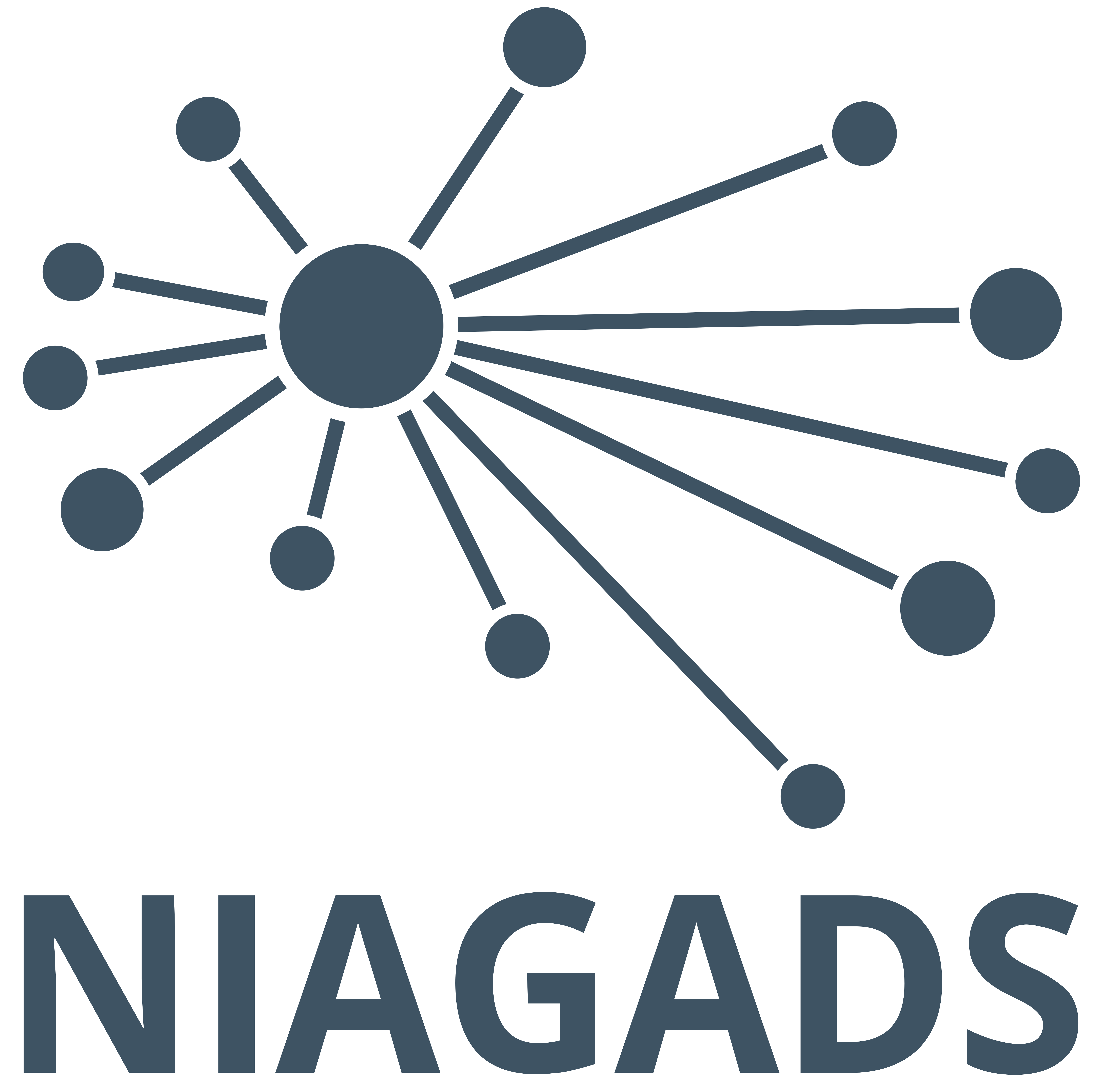Overview of the Required Supplemental Documents for NIAGADS
When applying for data access at NIAGADS, there are a number of supplemental documents in addition to the application form. These supplementary documents outline the responsibilities of data applicants when it comes to safeguarding data privacy as well as utilizing data they have access to in a manner compliant with their data access application. As part of the application process, the NIA requires applicants to review, sign and return the following documentation to ensure they are aware and understand their responsibilities when utilizing the data NIAGADS provides access to. To learn more about the supplementary documents and why they are required, see the content below.
Can I Request a Modification to One of These Documents?
Unfortunately, we don’t allow modifications to policy documents.
Since there are many agreements with many institutions, the documents must be non-negotiable to avoid an uneven application of policy.
Please contact NIAGADS, niagads@pennmedicine.upenn.edu with any questions.
National Institute on Aging Genomic Data Sharing Plan
This is a document developed by the NIA to address policies and guidance for the sharing of resources and data from studies on the genomics of Alzheimer's Disease.
Program officials will not exercise authority on parts of the sharing policies that are not applicable.
Why is the Sharing Plan required?
It is the policy of the NIA that all Genomic Data derived including secondary analysis data, be returned/deposited back to NIAGADS or another approved repository.
It is expected that investigators applying for data will follow the process to comply with the NIH Genomics Data Sharing Policy and the NIA Genetics of Alzheimer’s Disease Data Sharing Policy.
See our page about secondary data sharing plan requirements.
Learn more about the NIA Genomic Data Sharing Plan
NIAGADS Data Distribution Agreement (DDA)
The DDA was developed by the NIA and describes the request of the PI and their institution to use Genetic Analysis Data and Associated Phenotypic Data at its sole risk and at no expense to NIAGADS.
Why is the DDA required?
It outlines the responsibilities of the institution to protect the data and acknowledge the appropriate parties.
It’s needed to affirm that the PI will not provide any data obtained from NIAGADS to a secondary user.
Data Transfer Agreement (DTA)
The DTA is an agreement between the PI’s institution and the University of Pennsylvania which hosts NIAGADS.
A DTA will need to be filled out and emailed to NIAGADS each time a new Data Access Request is submitted.
Why is the DTA required?
The DTA is needed to transfer data from one institution to another for research purposes.
Data Use Certification (DUC)
The Data Use Certification Agreement outlines the terms of use for requested controlled-access datasets maintained in NIAGADS.
Why is the DUC required?
To access data in NIAGADS, investigators must agree to the terms to properly use and protect the data and recognize any restrictions on data use.
No signatures are required for the DUC. However, it is included within the DAR application and is referenced in the DTA for the PI and institution to review/agree to the terms.
IRB approval and protocol
The NIH requests that IRB review a study and protocol as part of the Genomics Data Sharing Plan. Please consult with your institutions IRB for specifics for your institutions.
Investigators must submit a current IRB approval and protocol for the proposed project that will use controlled-access DSS data. In order to be considered current, the IRB letter must have at least six months remaining before it expires. If you receive an exemption from IRB review, you must provide this documentation to NIAGADS.
Why is IRB approval needed?
The Principal Investigator agrees to obtain IRB approval or concurrence that is in accord with the NIH Genomic Data Sharing Policy.
IRB review of the research proposal is needed because the data is from multiple cohorts with varying consent language.
